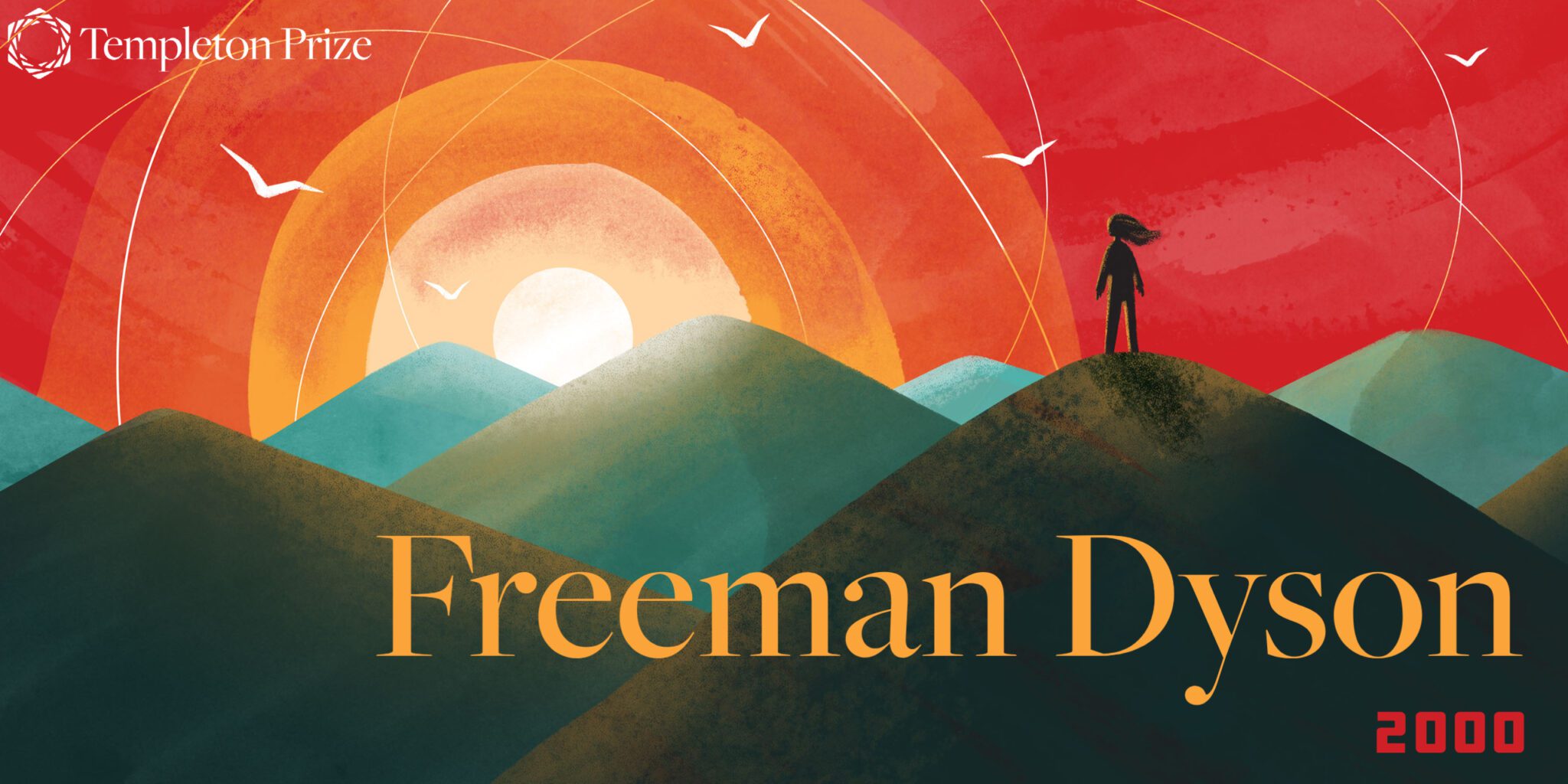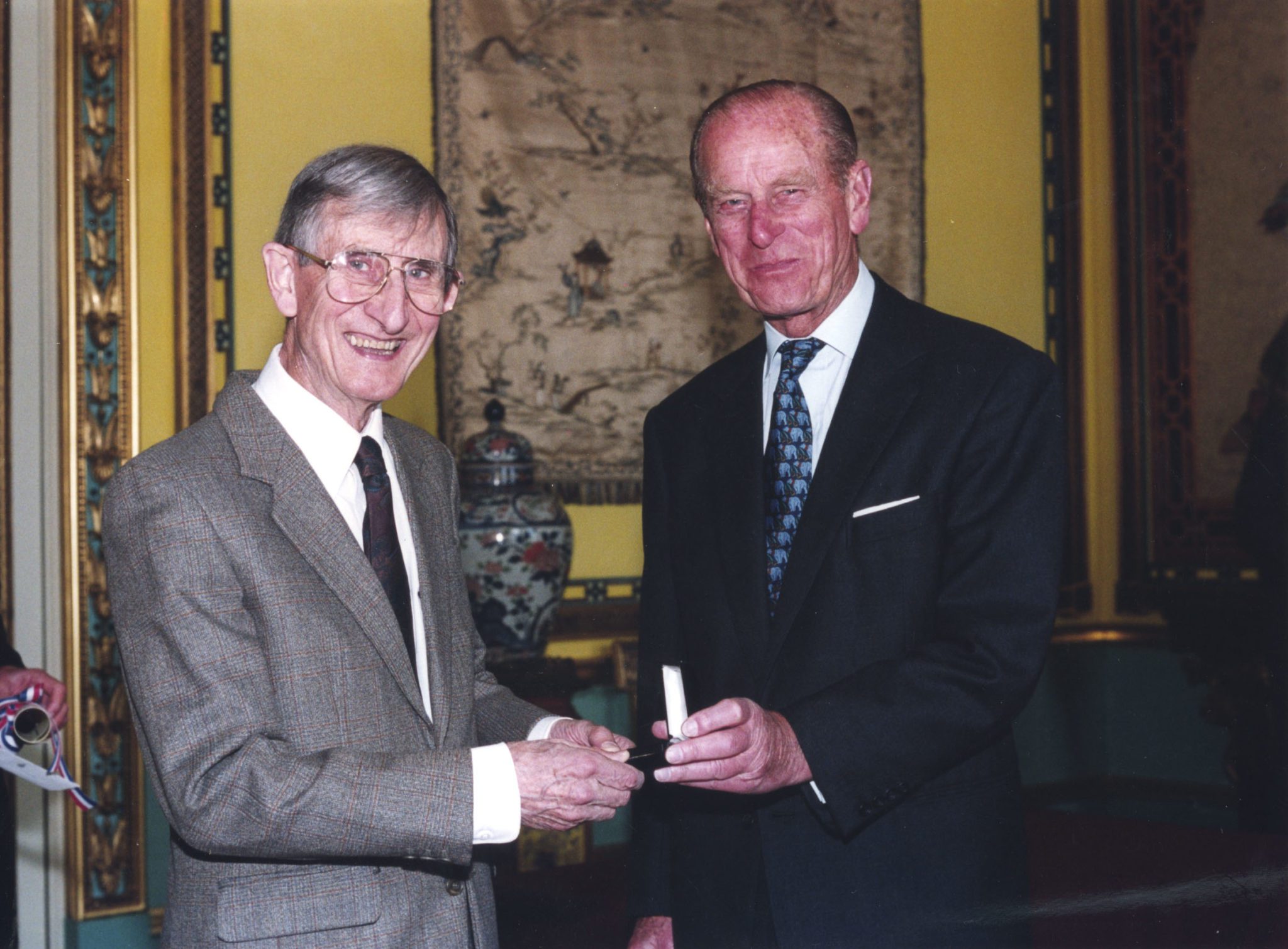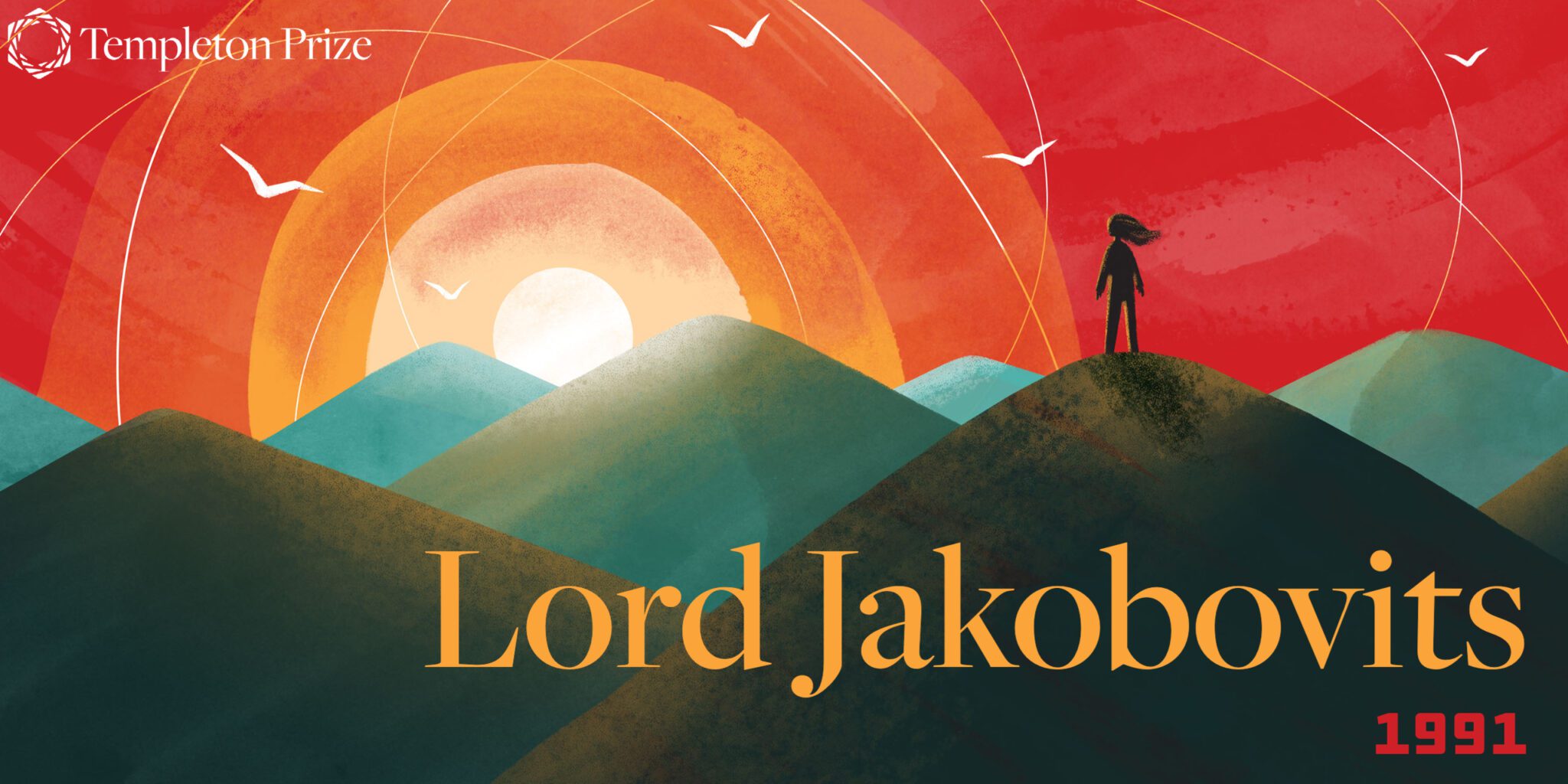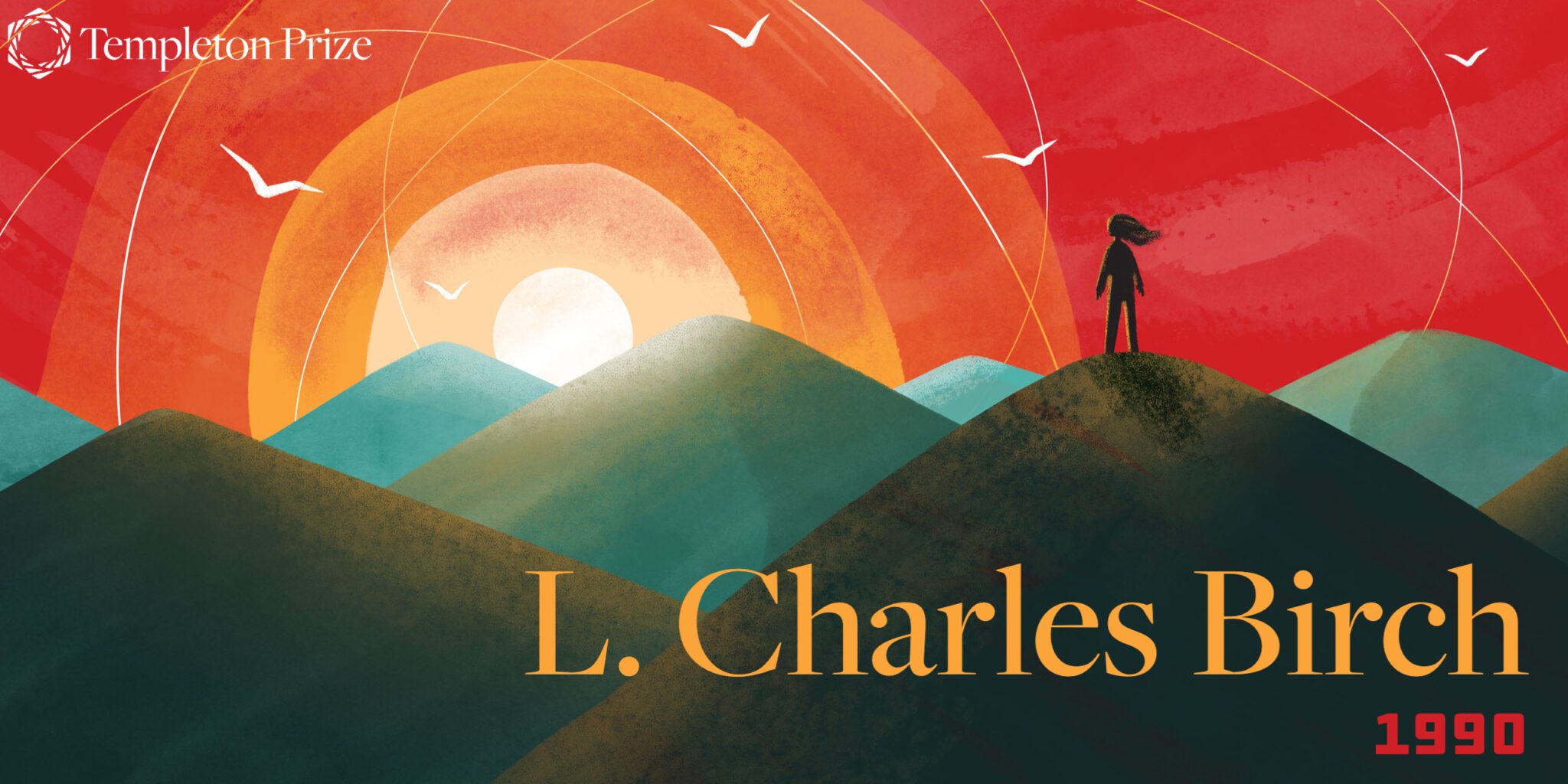Freeman Dyson had a knack for cracking the crust of settled ideas and exposing what lay glittering inside. A physicist and mathematician by training–though he never completed his doctoral degree–Dyson did early work that some thought deserved a Nobel Prize. This marked the beginning of a career in which Dyson followed his curiosity into numerous fields—solid-state physics, biology, nuclear physics, quantum theory, arms control policy, technology, space exploration, literature, philosophy, religion—and produced novelties.
For much of his career, Dyson served as Professor Emeritus at the Institute for Advanced Study in Princeton, New Jersey. An original thinker who viewed the future with optimism, Dyson dedicated much of his life to advocating the development of “joyful and useful” technologies for the benefit of all humankind. In addition to his scientific research, Dyson was a prolific writer, contributing numerous essays to the New York Review of Books on topics as diverse as ethics, ecology, and philosophy.
Speaking at the 2000 Templeton Prize ceremony at Washington National Cathedral, Sir John Templeton called Dyson a “divinely talented explorer,” and noted that for Dyson, “science and religion are two great human enterprises sharing many common features. The most salient features are discipline and diversity, for without discipline, there can be no freedom…what is needed is a little more human clarity, a little more willingness to listen rather than to lay down the law, and a little more humility.”
-

Freeman J. Dyson accepting award from HRH Prince Philip, Duke of Edinburgh
In his address at the ceremony, Dyson called for more respect and understanding between scientists and theologians, noting:
“Science and religion are two windows that people look through, trying to understand the big universe outside, trying to understand why we are here. The two windows give different views, but they look out at the same universe. Both views are one-sided, neither is complete. Both leave out essential features of the real world. And both are worthy of respect.”
An unconventional Christian and a self-described “scientific heretic,” Dyson observed at the ceremony that progress in religion would mean that in the future “the good works inspired by religion should more and more prevail over evil.”
He went on to describe his personal theology as one in which the universe exhibits the qualities of a mind on three levels: the atomic, the human, and the cosmic.
“I do not make any clear distinction between mind and God,” he said. “God is what mind becomes when it has passed beyond the scale of our comprehension. God may be either a world-soul or a collection of world-souls. So I am thinking that atoms and humans and God may have minds that differ in degree but not in kind. We stand, in manner of speaking, midway between the unpredictability of atoms and the unpredictability of God.”
Freely admitting that his theology was not deduced from scientific evidence, but was consistent with it, he then argued that the awe-inspiring qualities of nature revealed something about the creator:
“When we look at the glory of stars and galaxies in the sky and the glory of forests and flowers in the living world around us, it is evident that God loves diversity,” he said. “Perhaps the universe is constructed according to a principle of maximum diversity. The principle of maximum diversity says that the laws of nature, and the initial conditions at the beginning of time, are such as to make the universe as interesting as possible.”
Dyson’s belief in a universe created to be “as interesting as possible” was reflected in his own astonishingly varied and fertile mind.
His radical ideas sometimes caused controversy—notably in science policy and climate science—and gave him the reputation of an iconoclast. Or, as he put it, a heretic. As he said in his Templeton Prize address:
“This is the confession of faith of a scientific heretic. Perhaps I may claim as evidence for progress in religion the fact that we no longer burn heretics.”
“To talk about the end of science is just as foolish as to talk about the end of religion. Science and religion are both still close to their beginnings, with no ends in sight. Science and religion are both destined to grow and change in the millennia that lie ahead of us, perhaps solving some old mysteries, certainly discovering new mysteries of which we yet have no inkling.”
–Freeman Dyson
“For Dr. Dyson, science and religion are two great human enterprises sharing may common features. The most salient features are discipline and diversity, for without discipline, there can be no freedom. Greatness for the enterprise, freedom for the individual: these are the two things which contrast with each other in some ways but are not incompatible. It is this dynamic interplay that makes up the history of science and the history of religion.”
—Sir John Templeton





